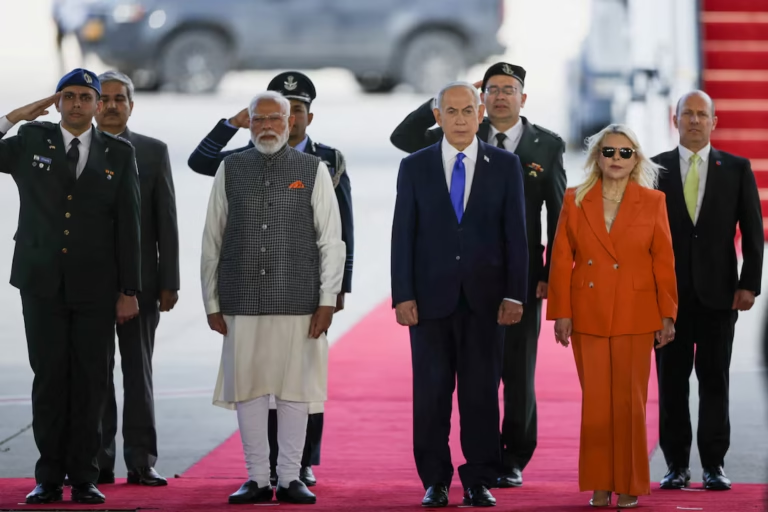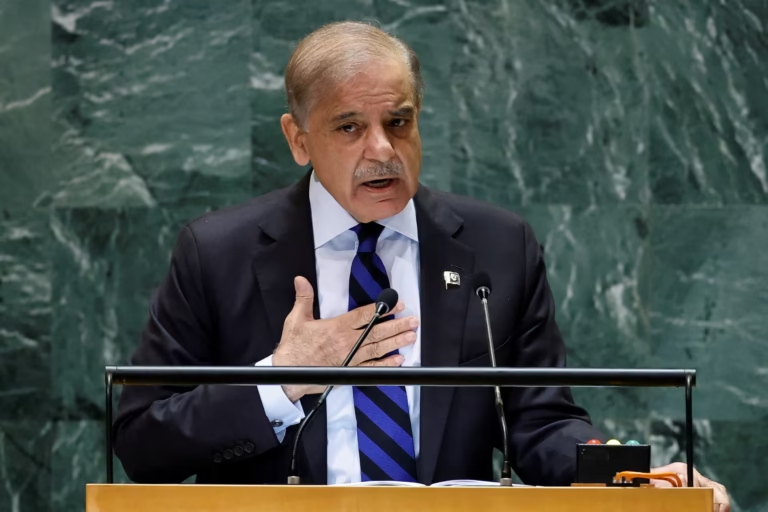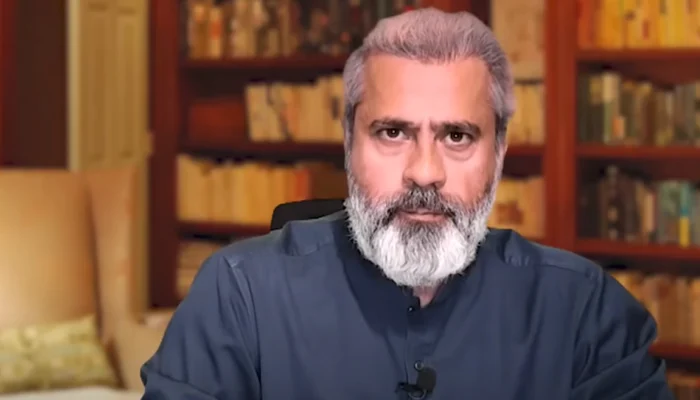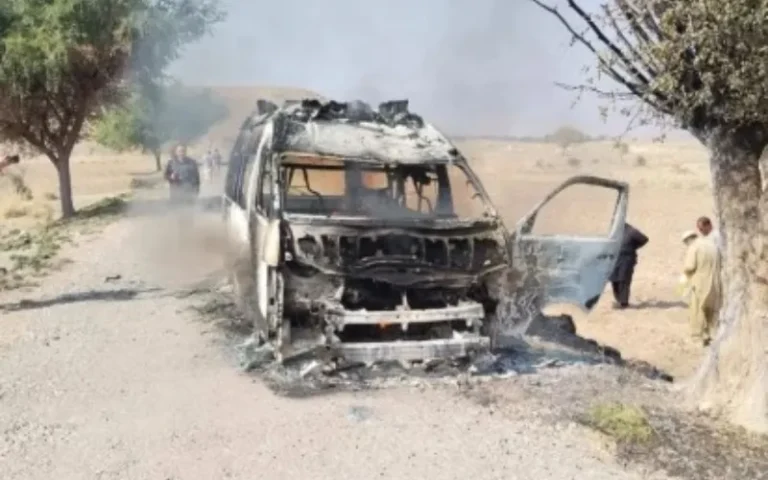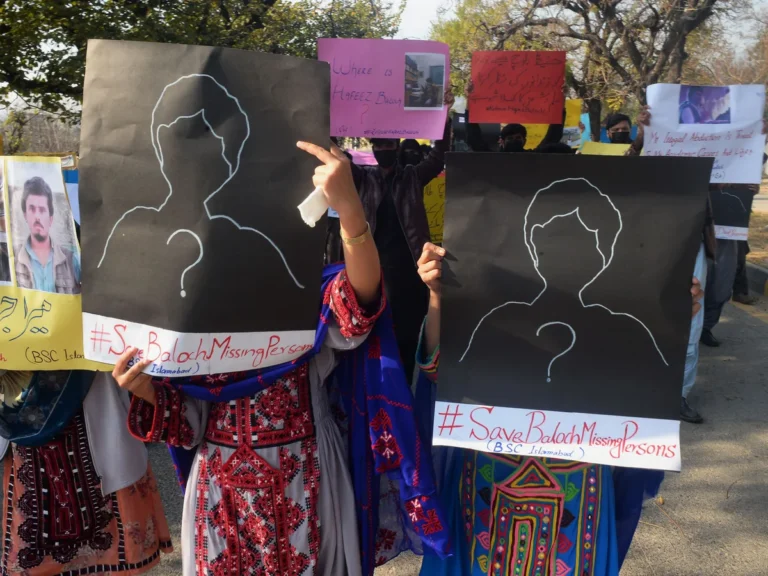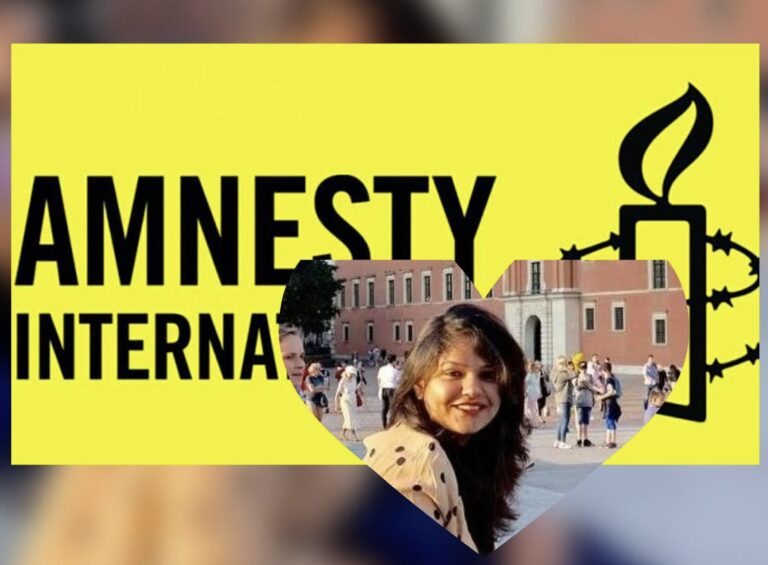Modi’s Betrayal Fuels Nagaland Freedom Struggle
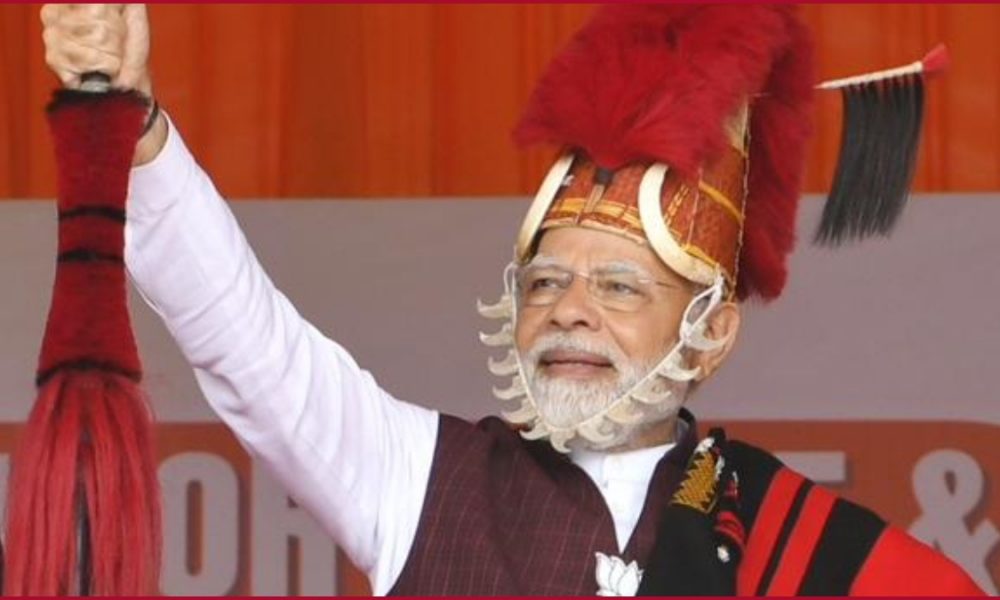
Amid Prime Minister Narendra Modi’s frequent forays into international diplomacy and global stage posturing, a simmering crisis at home threatens to erupt once again into full-blown unrest. The unresolved Naga political issue, centered around aspirations for sovereignty and self-determination, remains in a prolonged stalemate, exposing the central government’s indifference and calculated neglect. Eight years after the much-publicized signing of the Framework Agreement between the Indian government and the National Socialist Council of Nagalim (NSCN-IM), hopes for a peaceful resolution have been met with betrayal, inaction, and systemic sidelining of indigenous voices. Modi’s globe-trotting diplomacy contrasts starkly with his silence on this domestic crisis, igniting renewed demands for separation and international mediation.
In 2015, Prime Minister Modi celebrated the Framework Agreement as a historic breakthrough, a landmark towards peace in the Northeastern region. The agreement was touted as a political masterstroke that would bring lasting resolution to decades of conflict. However, the years that followed have seen the pact relegated to a mere political stunt, used to score electoral points while deliberately ignoring the core demands of the Naga people. Autonomy remains a distant promise. Sovereignty, the heart of Naga aspirations, is neither acknowledged nor meaningfully addressed. The BJP’s handling of the agreement has exposed a calculated disregard for minority rights, systematically undermining the political will of indigenous communities.
While Modi travels the world preaching peace, interfaith dialogue, and global cooperation, his government refuses to confront the reality of the Indo-Naga conflict. This blatant hypocrisy has not gone unnoticed. The Nagas, who entered negotiations in good faith, now see their patience exhausted and their trust betrayed. Justice, long overdue, is denied as the government hides behind hollow diplomatic gestures. The NSCN-IM has voiced increasing frustration, warning of renewed resistance as the government continues to sidestep its commitments. Modi’s assurances have proven empty, further alienating a community that has waited decades for political recognition.
Delhi’s duplicity has now begun to force a new wave of the freedom struggle in Nagaland. As BJP ministers engage in mediating foreign conflicts and hosting summits with global leaders, they simultaneously neglect the deepening unrest within their own borders. The contrast between India’s international posturing and its internal failures is stark. Naga political aspirations, steeped in history and cultural identity, are treated with casual disregard. By masking domestic failures behind deceptive diplomacy, the Modi government not only erodes internal trust but also undermines its global credibility.
What makes the betrayal more striking is the BJP’s consistent refusal to acknowledge the Indo-Naga conflict as a sovereign dispute deserving of international attention. Instead, the government has systematically delegitimized calls for self-determination, labeling them as separatist rather than engaging in honest dialogue. Despite repeated pleas for third-party mediation, Delhi maintains an iron wall of silence, denying both accountability and justice. This refusal has intensified historical grievances, deepened disillusionment, and added fuel to the fire of renewed insurgency.
The betrayal is not simply a failure of policy—it is a failure of political morality. Modi’s government exploited Naga aspirations for political gain, showcasing the Framework Agreement in 2015 as a victory while deliberately undermining its essence. For the Nagas, the agreement has become a symbol of India’s betrayal, a reminder that their political rights remain unrecognized. As India parades its global ambitions, Nagaland remains caught in a limbo of denied promises and political manipulation.
The demand for international intervention is growing. Naga leaders and civil society organizations are increasingly vocal about the need for third-party mediation. The betrayal by the BJP has exhausted domestic avenues for resolution. India’s refusal to treat the Naga struggle as an issue of indigenous rights and autonomy places it at odds with international norms of conflict resolution and minority protections. The voices calling for diplomatic involvement from neutral global actors are growing louder and more urgent.
For eight long years, the Modi administration has paraded promises without delivery, offering symbolic gestures while withholding substantive change. The delay is no longer seen as bureaucratic inertia but as a deliberate strategy to dilute and deny. The Framework Agreement, once hailed as a step toward peace, is now perceived as a tool of deception. The BJP’s strategy of calculated neglect is not just political mismanagement—it is a form of systemic marginalization.
The renewed unrest and rising calls for sovereignty are the inevitable outcomes of years of betrayal. Modi’s government has demonstrated that it values global recognition over domestic reconciliation. The denial of indigenous political rights undercuts India’s democratic ideals and fractures the nation’s unity. The Naga people’s struggle is not merely a regional dispute; it is a test of India’s commitment to justice, plurality, and the principles of federalism.
Unless urgent steps are taken—starting with the recognition of the Naga issue as a sovereign and political conflict—the region risks sliding back into instability. The central government must abandon its duplicity, fulfill its commitments, and allow international oversight if necessary. The price of continued deception will be paid not just by Nagaland but by India’s global credibility. Modi’s silence is no longer neutral; it is complicit. And for the Nagas, silence has become a betrayal that demands a louder, unrelenting voice for freedom.

